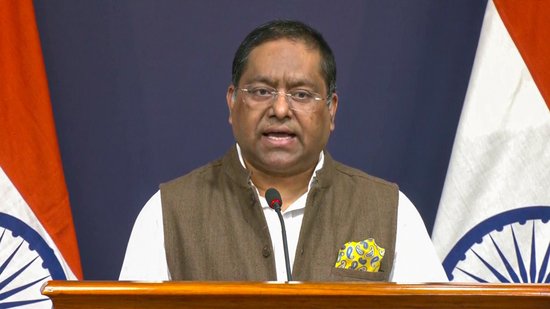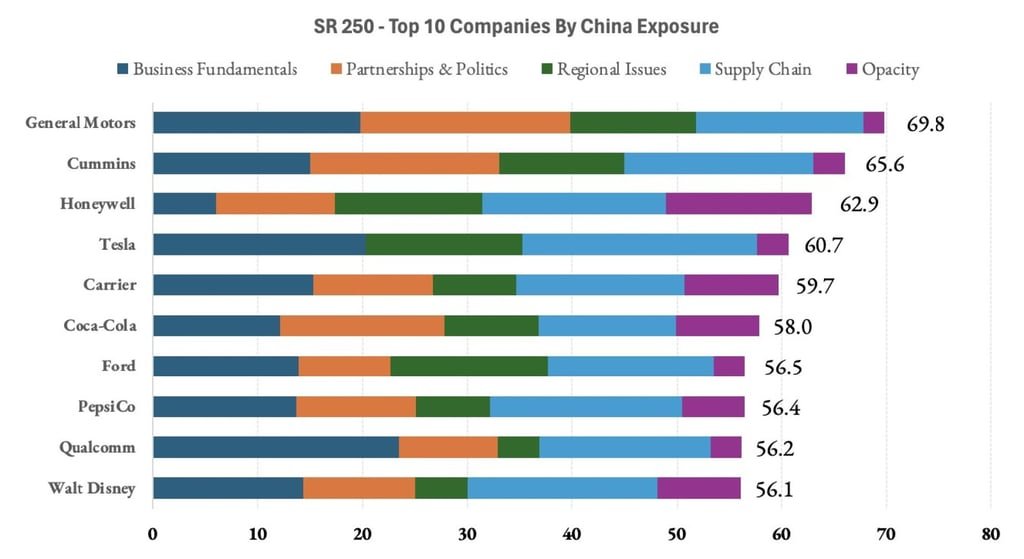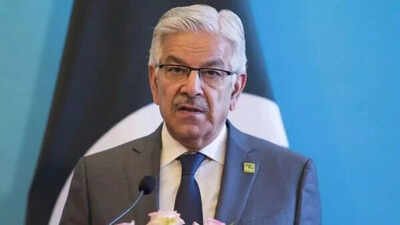TLDRs:
- Trump plans sweeping executive orders to accelerate U.S. dominance in AI and counter China’s tech rise.
- His proposals would offer federal land and ease energy rules to fast-track AI infrastructure like data centers.
- A Republican-led bill seeks to ban state-level AI laws, tying compliance to broadband funding.
- Critics warn the strategy favors tech giants and weakens public oversight at a critical moment for AI governance.
Donald Trump is preparing a sweeping set of executive actions aimed at propelling the United States to the forefront of global artificial intelligence development.
Sources close to the matter say the Trump administration is finalizing executive orders that would remove key regulatory hurdles and streamline the development of AI infrastructure. One core pillar of the plan involves unlocking federally managed land to host massive data centers.
These high-energy facilities, essential for training and running large-scale AI systems, have long faced logistical and environmental bottlenecks. By tapping into land controlled by the Departments of Defense and the Interior, Trump aims to cut red tape and speed up construction.
In parallel, the administration seeks to expand energy infrastructure to meet AI’s immense power needs. New federal rules would ease the connection of private energy projects to the national grid, a move designed to reduce delays and entice investment into AI-linked energy development. According to insiders, this package may also include a streamlined permitting process under the Clean Water Act, effectively bypassing fragmented state-level approvals.
Federal Power Pushes Out State Oversight
Trump’s AI strategy doesn’t stop at infrastructure. His allies in Congress are advancing a controversial legislative proposal that would bar states from implementing their own AI laws. Tied to federal broadband funding, the measure has sparked alarm across party lines. Critics argue it strips states of their ability to protect consumers and workers in the face of rapidly evolving technologies.
The legislation has already passed the House and hinges on budget reconciliation rules to slip through the Senate with a simple majority. If successful, it would freeze state AI rulemaking for a decade, handing unprecedented regulatory authority to the federal government. Trump has publicly praised this approach, framing it as a necessary step to avoid bureaucratic confusion and to give American firms a clear path to innovate without interference.
Tech Industry Cheers, Critics Sound Alarm
Major tech firms are rallying behind Trump’s plan. Industry groups like Incompas, backed by companies such as Meta and Amazon, argue that a patchwork of state laws would stifle innovation and create legal uncertainty. They point to China and the European Union’s cohesive regulatory efforts as reasons the U.S. must adopt a unified stance. Lobbying on AI issues has tripled since 2023, reflecting the high stakes at play.
Still, not everyone is convinced. Civil society advocates warn that the race to centralize control leaves citizens without meaningful input. By sidelining state and local voices, they say, the policy favors corporate interests and risks replicating past tech booms where progress came at the expense of public accountability.
A Familiar Flashpoint in Tech Regulation
The clash between innovation and oversight is nothing new. From the industrial revolution to the rise of the internet, technological revolutions have often outpaced the laws meant to guide them. Trump’s AI push marks another chapter in this ongoing tension. While his plan promises to unleash rapid growth and bolster national security, it also raises questions about who benefits, and who is left out, as the AI age accelerates.
As negotiations continue and executive actions loom, the outcome could define not just America’s AI future, but the global balance of power in the coming tech era.








